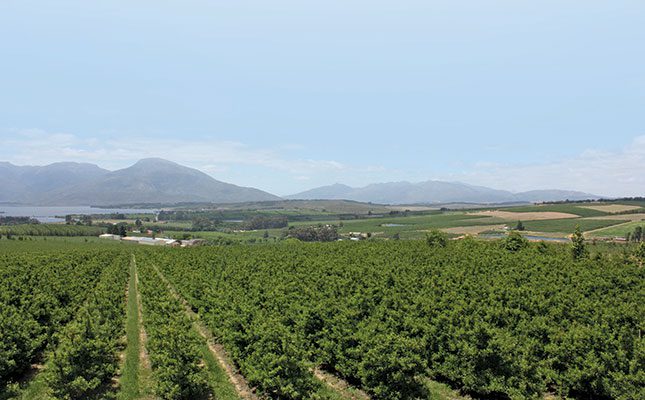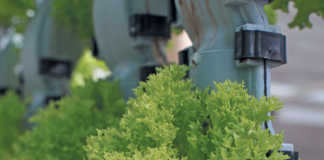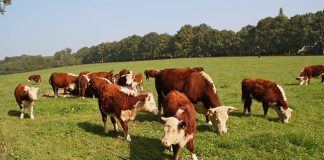
Speakers spoke of a ‘polycrisis’ of food, energy and fertiliser shortages that would ultimately impact the race to net zero carbon emissions.
Jason Bordoff, co-dean of the Columbia Climate School in the US, stated that rising energy costs were not only driving up cooking fuel costs, but also the costs of making fertiliser, which is affecting food production. “It’s the first global energy crisis, and what’s happening in Europe is having ripple effects across the world, pushing up prices in the developing world and emerging markets.
“When you’re facing scarce energy sources, the first thing politicians do is let people keep heating their homes and shut down industry. As a result, around 70% of fertiliser production in Europe has shut down, which will have a big impact in poorer parts of the world in terms of food production.”
The World Economic Forum sees three key solutions to world food insecurity: financial investment in regenerative agriculture, robust policy to fire up market growth, and national leadership in transforming their food systems. The focus is especially on helping small-scale farmers, since they face the most obstacles yet feed two out of three people on the planet.
Tania Strauss, head of strategy and global projects at the Food Systems Initiative, said that investing in healthy soils and innovation for decarbonising food value chains will create carbon sinks, improve nutrient density, reduce food losses, and boost jobs and livelihoods of farmers.
“This is especially so for the 500 million smallholders who are on the frontlines of this crisis. But they need support to transition to climate-smart approaches through aligned incentives, radical policy measures, tailored risk models and credit services, supply chain procurement, and market demand.”
President of the International Fund for Agricultural Development, Alvaro Lario, lamented that African governments were not investing enough in agriculture.
“In 2003, the Mozambican government announced that they would invest 10% of GDP in agriculture. That has not happened. While Tanzania has said that the agriculture budget will quadruple in 2023, many other governments are not spending nearly enough to eradicate hunger and ensure food security. An investment of at least US$33 billion (about R6,1 trillion) is needed to address food security in Africa.”
He however noted that investments must translate into improvements of the livelihoods of farmers.
“The whole value chain must be structured in such a way that it impacts the lives of those actually producing the food. At this stage, most of the farmers themselves are going hungry.”













